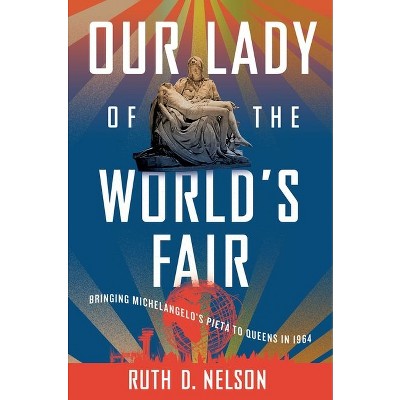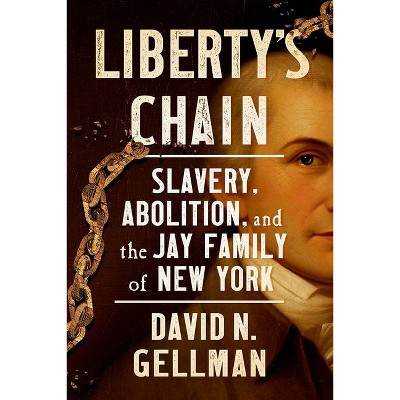Sponsored

Nelson Rockefeller's Dilemma - by Marsha E Barrett (Hardcover)
In Stock
Sponsored
About this item
Highlights
- Nelson Rockefeller's Dilemma reveals the fascinating and influential political career of the four-time New York State governor and US vice president.
- About the Author: Marsha E. Barrett is Assistant Professor of History at the University of Illinois at Urbana-Champaign.
- 400 Pages
- History, United States
Description
About the Book
"A history of the political career of Nelson Rockefeller, New York Governor (1959-1973) and Vice President under Gerald Ford (1974-1977), that examines his relationship with the Republican Party and the civil rights movement as a racially liberal moderate Republican"--Book Synopsis
Nelson Rockefeller's Dilemma reveals the fascinating and influential political career of the four-time New York State governor and US vice president. Marsha E. Barrett's portrayal of this multi-faceted political player focuses on the eclipse of moderate Republicanism and the betrayal of deeply held principles for political power. Although never able to win his party's presidential nomination, Rockefeller's tenure as governor was notable for typically liberal policies: infrastructure projects, expanding the state's university system, and investing in local services and the social safety net.
As the Civil Rights movement intensified in the early 1960s, Rockefeller envisioned a Republican Party recommitted to its Lincolnian heritage as a defender of Black equality. But the party's extreme right wing, encouraged by its successful outreach to segregationists before and after the nomination of Barry Goldwater, pushed the party to the right. With his national political ambitions fading by the late 1960s, Rockefeller began to tack right himself on social and racial issues, refusing to endorse efforts to address police brutality, accusing, without proof, Black welfare mothers of cheating the system, or introducing harsh drug laws that disproportionately incarcerated people of color. These betrayals of his own ideals did little to win him the support of the party faithful, and his vice presidency ended in humiliation, rather than the validation of moderate ideals.
An in-depth, insightful, and timely political history, Nelson Rockefeller's Dilemma details how the standard-bearer of moderate Republicanism lost the battle for the soul of the Party of Lincoln, leading to mainlining of white-grievance populism for the post-civil rights era.
Review Quotes
In Nelson Rockefeller's Dilemma, historian Marsha Barrett provides a powerful and detailed examination of Rockefeller's political career in the Republican Party.
-- "International Affairs"All three reviewers, Vivian Yan-Gonzalez, Zachary Jonathan Jacobson, and Lombardo, offer praise for Barrett's work. They appreciate Barrett's archival work and the book's focus on Rockefeller's relationship with the civil rights movement. They further applaud her description of his fight with the conservative majority of his party. Barrett writes, in her response to the reviewers, that 'my hope was that tracing his career would provide a fuller account of the Republican Party's evolution in the twentieth century.' The reviewers agree that Barrett accomplished her goal.
-- "H-Diplo"[F]ascinating and really tragic.
-- "BookNook"Barrett's narrative allows readers to follow Rockefeller on his cringe-inducing course.
-- "TLS"Offers a clever way of considering the most important figure in recent Republican history: Mr Trump.
-- "The Economist"A timely, invigoratingly original intervention into our historical understanding of the modern Republican Party.
-- "Public Seminar"Nelson Rockefeller's Dilemma recounts intraparty differences over civil rights in the years before and after 1964. Meticulous.
-- "Wall Street Journal"About the Author
Marsha E. Barrett is Assistant Professor of History at the University of Illinois at Urbana-Champaign. Her articles have appeared in such publications as the Journal of Policy History, New York History, and Politico.
Shipping details
Return details
Guests also viewed

















